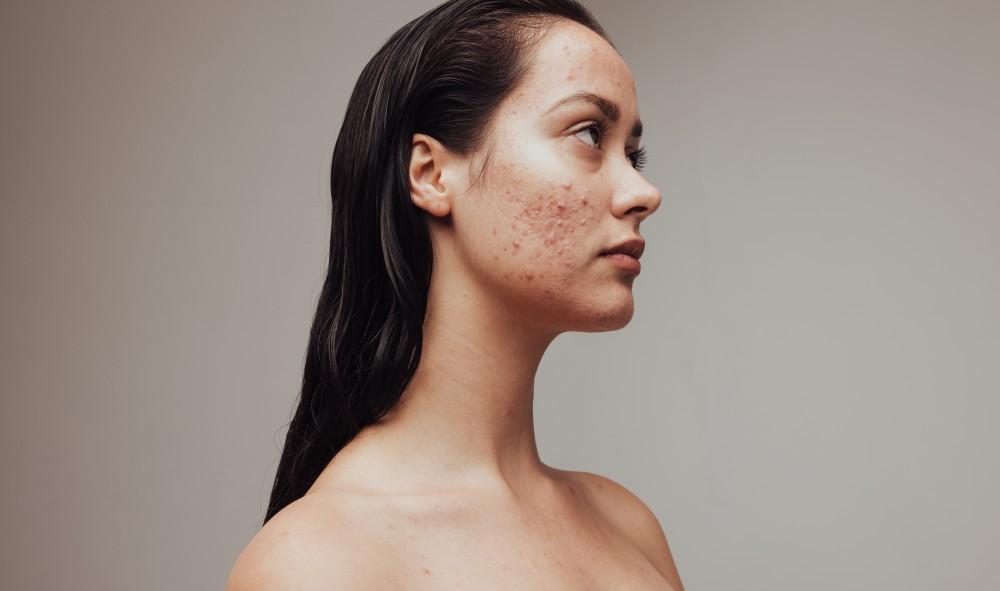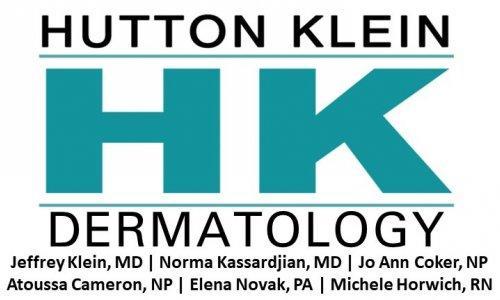
Who Can Get Shingles?

Anyone who’s endured chickenpox is susceptible to the painful viral infection known as shingles. People over 50 with weakened immune systems are especially vulnerable. Fortunately, Dr. Jeffrey A. Klein specializes in diagnosing and treating the condition and offers a number of options to lessen the symptoms of acute shingles and reduce the pain from subsequent postherpetic neuralgia (PHN). If you show signs of this debilitating rash, contact our knowledgeable practitioners right away at HK Dermatology in San Juan Capistrano, California.
Signs and symptoms of shingles
Nearly one million Americans experience shingles each year. Once you’ve had chickenpox, the varicella-zoster virus lives dormant within your nerve roots. Later, it may reactivate and appear as shingles. You might feel signs of this viral infection even before the telltale red, blistering rash appears across your torso or other vulnerable areas surrounding your neck, face, back, or legs. Many notice:
- Fever
- Headache
- Pain
- Burning
- Numbness
- Skin sensitivity
- Tingling
- Sensitivity to touch
A few days later, an itchy red rash appears following the path of the nerve, sporting fluid-filled blisters that may open and crust. The sooner you discuss your symptoms with Dr. Klein and our team, the quicker we can help.
Revolutionary relief is at hand
While there’s no cure for shingles, Dr. Klein has effective treatments for this agonizing condition and the postherpetic neuralgia (PHN) that often follows.
PHN usually occurs in the same general location as the shingles outbreak. It causes intense throbbing pain that can come and go for weeks or longer in approximately 15% of patients. Shingles and subsequent PHN can make even the simplest activities painfully difficult, causing depression and anxiety. When located near your eyes, shingles can cause vision loss, so it’s important to discuss your condition with Dr. Klein or one of our team.
Vaccination remains the best way to reduce your risk of shingles and PHN in the first place. As of November of 2020, Shingrix replaced Zostavax® as the CDC’s vaccine of choice in the United States. Two doses are more than 90% effective in preventing shingles and PHN. Additional treatments include:
- Intercostal nerve block: the doctor injects steroid medication beneath each rib to reduce pain and inflammation
- Antiviral medications: includes valacyclovir and acyclovir
- Anti-inflammatory drugs: such as ibuprofen, to ease pain and swelling
- Antihistamines to lessen the itch
- Numbing creams or patches with lidocaine or capsaicin
Dr. Klein recommends keeping the shingles rash clean and covered to prevent its spread. As difficult as it may be, avoid touching or scratching the blisters.
Risk factors
The elderly, pregnant women, infants, and those with compromised immune systems are most vulnerable to developing this disease and experiencing complications. Those under extensive stress or suffering from autoimmune diseases are also susceptible. This includes:
- Lupus
- Crohn's disease
- Rheumatoid arthritis
- Ulcerative colitis, and others
If you’ve never had chickenpox (or the chickenpox vaccine), you can develop the disease should you come in contact with the shingles rash. If that occurs, you may eventually experience shingles yourself. While the vaccine doesn’t guarantee you’ll remain shingles-free, it usually reduces the severity. Avoid undue stress when at all possible, and stay away from anyone with an active case of shingles or chickenpox.
Long-term effects
Complications of shingles include:
- Bacterial infections
- Vision problems
- Hearing loss
- Facial paralysis
- Vertigo
- Pneumonia and other secondary infections if internal organs become affected
Diet may also play a part in activating the virus. Reduce sugar and foods high in the amino acid arginine, which includes chocolate and nuts. On the other hand, vitamins A, B12, C, and E, and the amino acid lysine, seem to help. You can find lists of lysine versus arginine ratios in common foods on the Internet.
Dr. Klein curbs the potentially devastating effects of shingles and PHN through early treatment. If you notice a rash or additional warning signs of shingles, contact our office promptly. For other dermatological or cosmetic issues, call us at 949-248-1632, or book an appointment online.
You Might Also Enjoy...


Why You Should Start Getting Light Chemical Peels Regularly

Get a Head Start on Your Beach Body With Tumescent Liposuction

Why Do I Keep Getting Cystic Acne?

Signs It's Time to Get Help for Psoriasis


